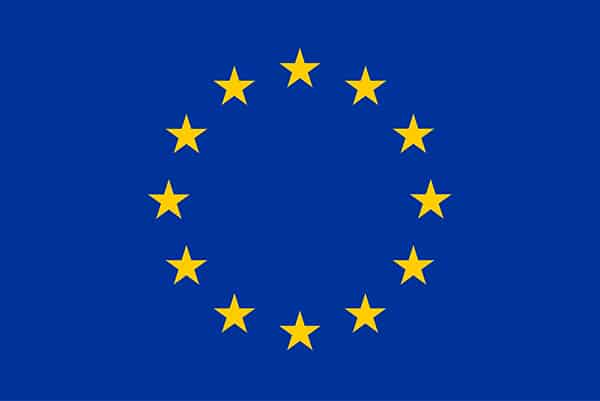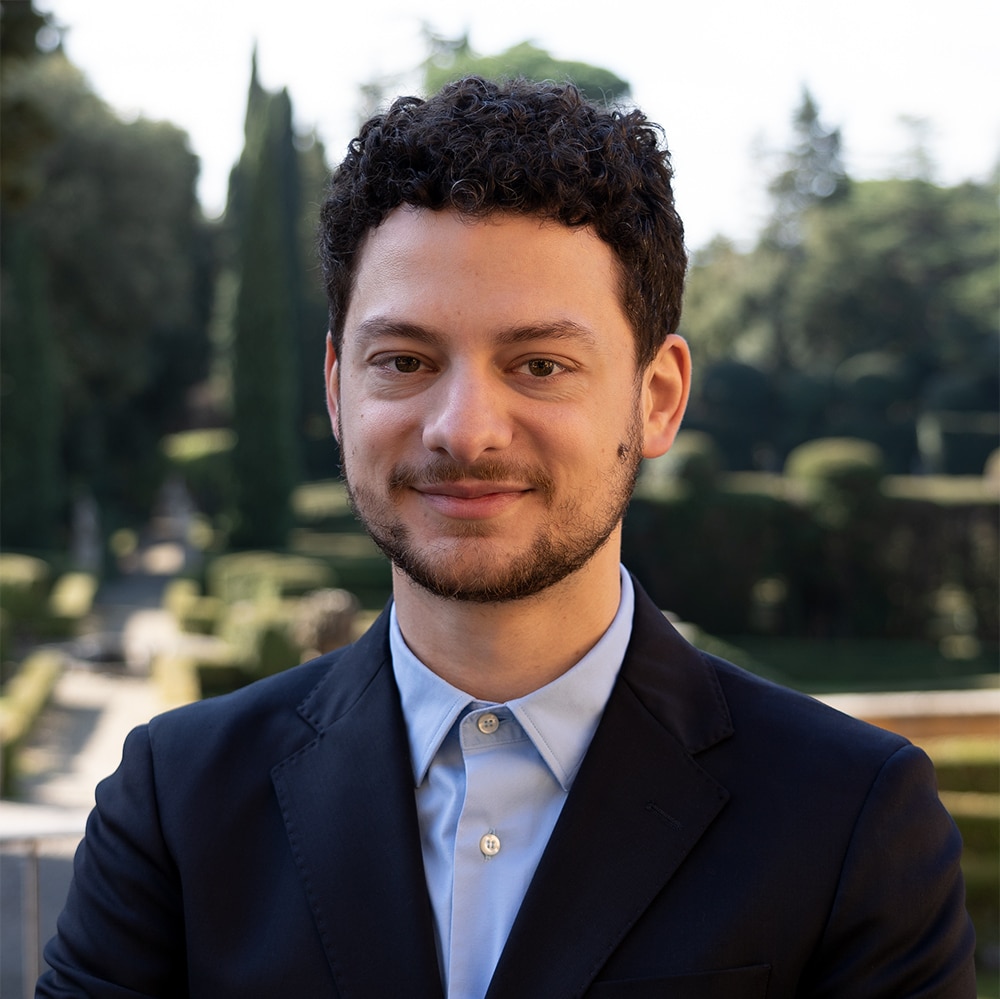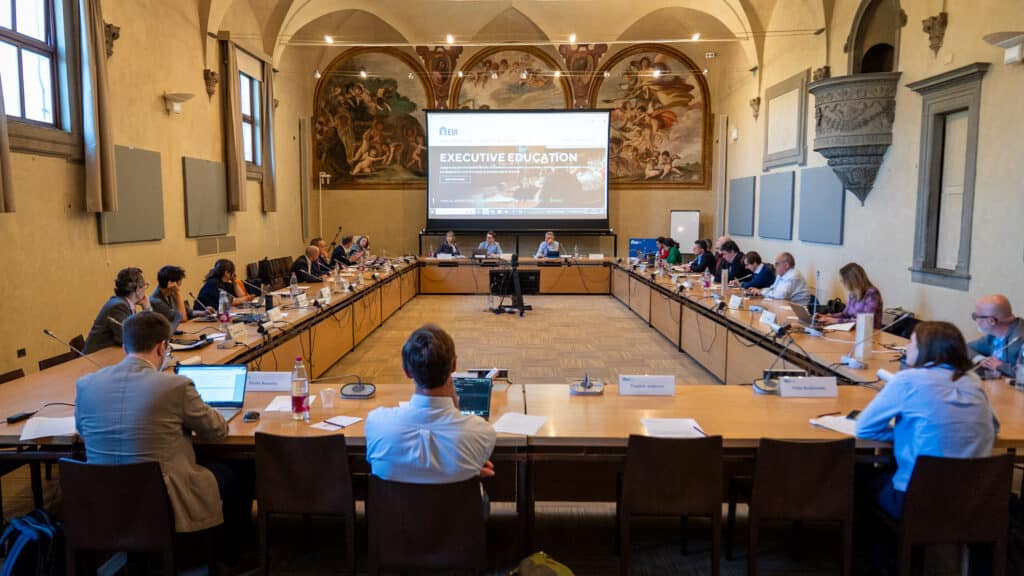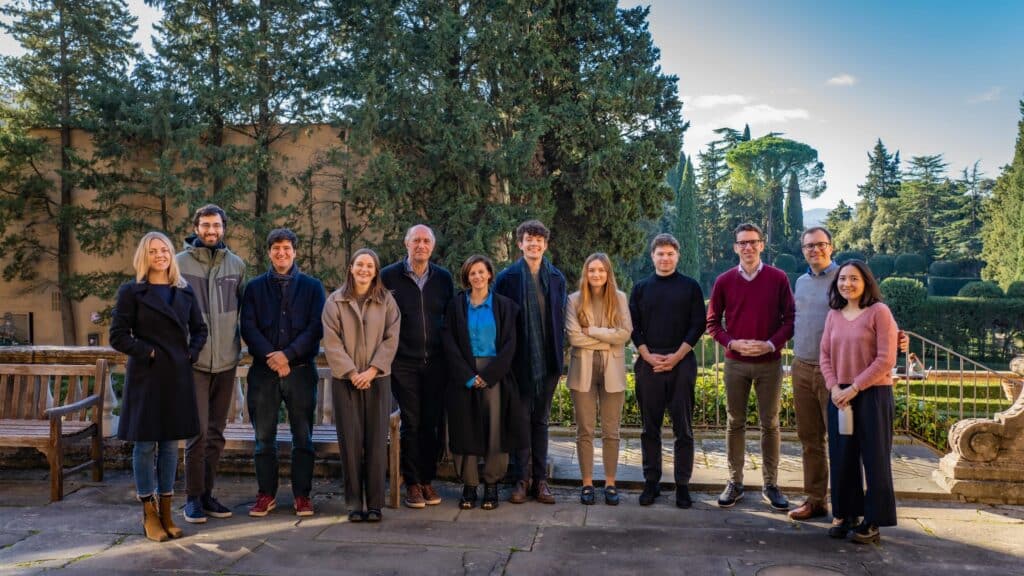Establishing an interoperability community for an integrated energy system
This is the third installment of the Topic of the Month: Building new knowledge on electricity market design and regulation.
Context
The energy sector is undergoing a major transformation as our society shifts towards a more sustainable and efficient paradigm. The European Union is playing a leadership role in this transition through legislative initiatives which aim to achieve carbon neutrality by 2050. To ensure a transition towards a more sustainable energy system, generation from intermittent and distributed renewable sources must be supported by digitalisation and the integration of different sectors. Meanwhile, the increasing availability of data enables the development of new business models centered around innovative services for customers. However, reshaping the current landscape is not without challenges, and interoperability issues remain a major barrier. To overcome the current lack of interoperability in the energy sector, it is essential to enhance cooperation across relevant domains and bring together the relevant stakeholders.
In this Topic of the Month we give insight into the four European Horizon projects that the FSR Electricity Team is currently contributing to.
int:net project
The Horizon Europe project int:net (Interoperability Network for the Energy Transition) aims to establish an open and cross-domain community of experts and stakeholders that can last beyond the project’s lifetime. int:net community members will work together to develop and deploy interoperable solutions in the energy services landscape.
int:net does not start from scratch but builds on experiences in other sectors and on the results of previous projects, such as INTERRFACE and OneNet. One of the main challenges of the project is to move from the current state of the art to a European interoperable system of systems. In the current landscape of energy services, a myriad of fragmented solutions can be found. int:net will deal with this situation by offering a consistent, resilient, and financially viable ecosystem of solutions.
To reach its objectives, int:net will establish a consolidated common knowledge base of interoperability actions and best practices, and set up a framework for interoperability testing in ongoing projects and harmonised test procedures. At the same time, an interoperability assessment methodology and the related Interoperability Maturity Model will be developed to guarantee continuity with the interoperability solutions currently available. In order to create a European interoperability ecosystem, int:net will strive to ensure horizontal coordination and support to interoperability initiatives involving legislators and regulators, and coordinating joint activities with other European funded projects, such as EDDIE.
The focus of the FSR research in the project
At the Florence School of Regulation, we have developed a research stream on interoperability in the wider EU energy policy context, including the EU network codes and guidelines, the Clean Energy Package, and the Green Deal. In our previous research, we mostly focused on analysing interoperability frameworks and existing experiences with interoperability [1]. Moreover, we have developed a comparative analysis between the interoperability experience with smart electricity metering at EU level and the experiences in other ecosystems (electro-mobility and buildings), other sectors (healthcare and public administration) and at the national level (the Netherlands and the UK) [2].
int:net allows us to build on this. The project will put a particular emphasis on the multiple frameworks (see, for example, the Smart Grid Architecture Model Framework) used to characterise interoperability issues, and on inputs coming from successful experiences in other sectors. In our work, we aim to contribute to the definition of a governance framework for interoperability that covers sector-specific and cross-sectoral aspects. The experience collected on engaging representatives from other sectors will foster our contributions in this direction.
Research set-up
In June 2019, the European Commission identified interoperability to be one of its three legislative priorities following the publications of the recast Electricity Directive and Regulation in the Clean Energy Package, as a key element to support the energy transition and enable sector integration [3].
An important focus of our research is put on identifying opportunities to promote interoperability in current and future policy initiatives and legislative proposals at the European level (e.g., related to the Green Deal and the Clean Energy Package). In this regard, we will compile an overview of the regulatory framework relevant for interoperability at EU level, following a sector-specific and cross-sectoral focus. Where relevant, we will analyse national best practices discussing their level of consistency with the EU framework.
Moreover, we will analyse the EU enabling framework for interoperability. Particular attention will be put on the identification of relevant stakeholders and their motivation to foster interoperability. An analysis of existing barriers on interoperability, complemented by a review of cost-benefit analyses available in the literature, will allow us to identify incentive schemes for various types of actors.
Lastly, our analysis will be integrated by lessons learnt from other EU projects in order to translate technical and use case outcomes into policy and regulatory considerations.
Expected results
Our work within the int:net project aims to identify who are the decision makers for interoperability and what are the decision-making levels that can influence the impact of the int:net community. Moreover, we will assess regulatory and policy options for overcoming the obstacles to interoperability in the current and future energy markets and data economy context.
We welcome your input!
Do you have experience in interoperability? Write to us at daniele.stampatori@eui.eu or valerie.reif@eui.eu.
[1] Reif, V. and Meeus, L. (2020). Getting our act together on the EU interoperability acts, FSR Policy Briefs 2020/30.
[2] Reif., V. and Meeus, L. (2021). Smart metering interoperability issues and solutions: taking inspiration from other ecosystems and sectors. EUI RSC Working Paper 2021/69; also published in Utilities Policy, 76 (2022), 101360, ISSN 0957-1787, DOI: 10.1016/j.jup.2022.101360.
[3] European Commission (2019), 4.1_5.1_EC_NC update CACM, presentation at the European Electricity Regulatory Forum 2019.
This project has received funding from the European Union’s Horizon 2020 research and innovation programme under grant agreement No 957739







